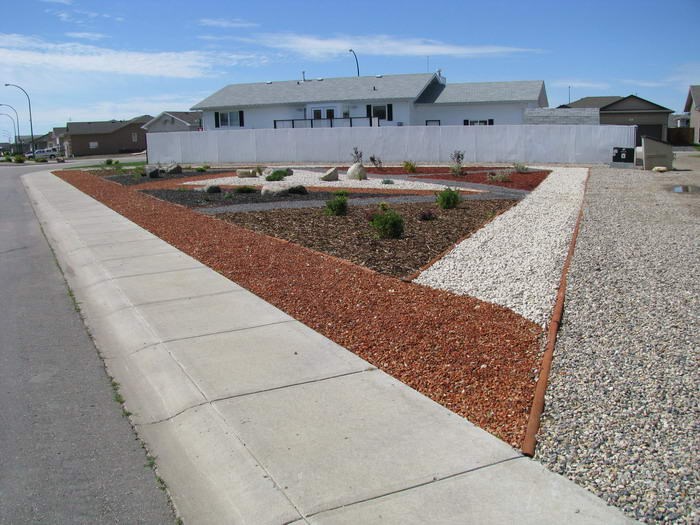Diverting materials from landfills has become a virtual religion for the few municipalities that can still afford to have one.
Of course, Sarcan has been around since taking in beverage containers, electronics, paints, milk cartons and cardboard. And Prairie Harvest has been running its curbside pickup program for 10 years.
From the steady stream of vehicles visiting the recycling depot and the number of blue bags at the curbside on collection day, it is safe to say both are extremely successful programs.
According to John Denysek, regional director of the Saskatchewan Abilities Council in Yorkton, each year the Kinsmen Recycling Centre diverts 2,100 tonnes of material, Sarcan 8.4 million containers, the eco-centre about 20,000 litres of oil and the Saskatchewan Institution of Community Living program 20,000 pounds of clothing. In addition, Yorkton has one of three locations in Saskatchewan with an electronics disassembly program, which takes apart 160 tonnes of equipment annually, he said.
More recently the City has turned its attention to composting. Environmental services is already composting at the landfill and Mayor Bob Maloney said as more and more materials are diverted, there may even come a time that the City can sell the product.
Also, last year, Yorkton started the Don’t Bag It, Mulch it competition to raise awareness of keeping grass clippings out of the sanitary landfill.
Grass clippings, of course, are natural fertilizer for lawns and when mulching is done correctly, they are not unsightly.
The rules of the competition are that participants must mulch their grass clippings during lawn mowing or utilize composting practices with collected grass clippings; must use their grass clippings on their property not discard them in their residential refuse; must allow for a sign on their lawn to indicate their participation in the contest; and submit a report at the end of the growing season.
First prize is a mulching mower from Logan Stevens and second prize is a backyard composter from Canadian Tire.
This past weekend the City hosted a “Master Composter” workshop, presented by the Saskatchewan Waste Reduction Council at Yorkdale School. Topics included classroom and hands-on instruction in basic composting and other organics management methods, including troubleshooting.
The course instructor was Larry Mullen. Larry has a background in education and community organization. He owned and operated a market garden in the Alvena district for 15 years. In 2003, he retired from the Saskatoon Zoo, where he worked on maintenance and managed the Zoo’s compost operation. In 2007, on behalf of the SWRC, he helped set up Saskatoon’s compost operation at the McOrmond depot. In 2008 and 2009, Mullen coordinated the SWRC’s Sustainable Composting Project. He continues to assist SWRC with composting education and consultation as needed.
Eight individuals were trained with the intention that they would then transfer the knowledge to community residents through a series of free opportunities. In order to receive the designation of “Master Composter,” these volunteers are required to contribute six hours towards educating the community.
Lisa Washington, the City’s community development manager, is coordinating the volunteer effort. She said the volunteers are currently deciding in what ways they are most comfortable providing their community service.
“We are looking for opportunities to have small one-on-one or group sessions and being involved in some of the upcoming events in the city.
The city has put forward some ideas including: basic composting workshops of one to two hours in length in different locations around the city; intermediate composting workshops of three hours; a compost workshop as part of Horticultural Week, which takes place the first full week of July; outdoor hands-on composting demonstrations, possibly in June, and one in September; and information booths at community events such as the Prairie Sun Seed Festival (February or March), Yorkton Spring Expo (April) and Harvest Showdown (October).
The City is also hoping these trained volunteers will go to people’s homes and help them with their composting questions or problems, or help them start a home composting system of their own.
Another concept the City is promoting is xeriscaping. Xeriscaping is a low-water using type of landscaping that often involves garden rocks, gravel, sculptural features and mulch. Drought resistant plants and shrubs are frequently used and although it does not necessarily look a lot different than traditional landscaping, the City says it allows households to use 50 to 75 per cent less water. It also does not create nearly as much organic waste.



